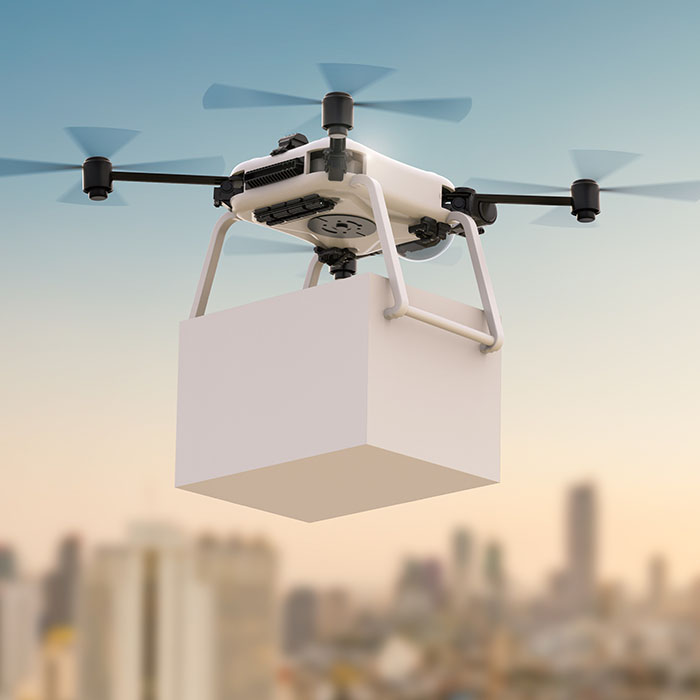December 23, 2022
RIKEN, the Institute of Physical and Chemical Research, is Collaborating with Fujitsu on a Supercomputer, "Fugaku," toward the Early Commercialization of a Quantum Computer

Quantum computers have the potential to compute more than 100 million times faster than supercomputers, but there are many challenges. It will be put to practical use by about 2025, ahead of schedule, in "hybrid type," which will combine with a supercomputer to achieve more advanced calculations. The program will encourage technological innovation by Japanese companies in drug discovery and new materials development.
Riken will connect Fugaku in Kobe and the quantum computer via telecommunications, and both will collaborate on calculations and share roles. Quantum technology is robust in precise simulations (simulation experiments) at the atomic and electronic levels, which is difficult even for supercomputers. The plan is to have quantum technology handle only the core calculations.
Current quantum computers are unstable and prone to calculation errors. The supercomputer organizes and reinforces the results of numerous fragmented calculations by quantum to get closer to the correct solution.
The competition to develop quantum computers is intense worldwide, with Google's prototype in 2019 performing calculations in three minutes that would take 10,000 years on a supercomputer. In Japan, Riken is developing a prototype that will be the first domestically produced machine, and they will install it in Wako, Saitama Prefecture, within the fiscal year 2022.
Google has set a goal of overcoming the problems and achieving a "finished product" by 2029 for full-scale use. Riken aims to combine its developing quantum computer with Fugaku, the world's second-fastest supercomputer, for commercialization around 2025, ahead of Google.








